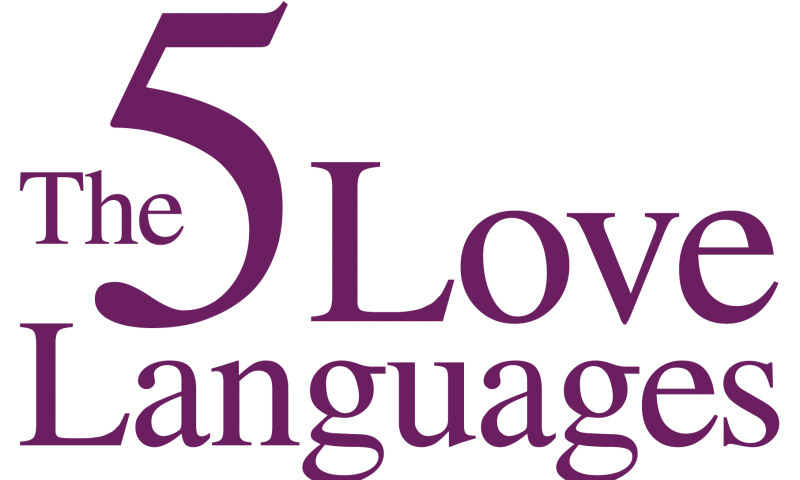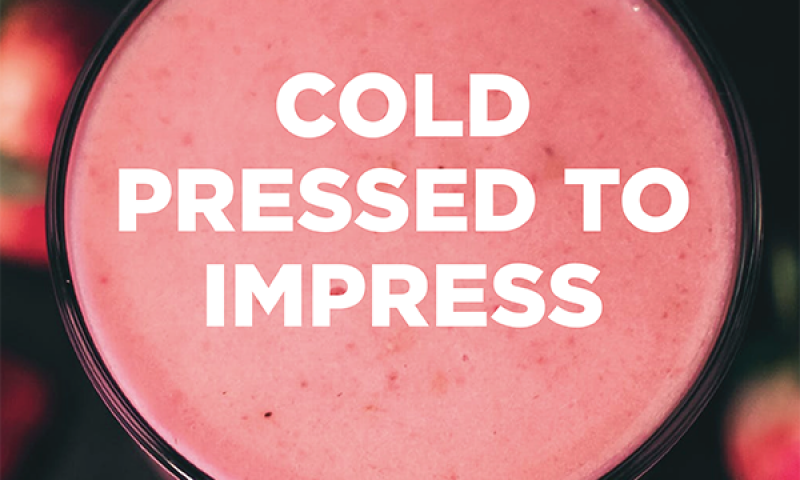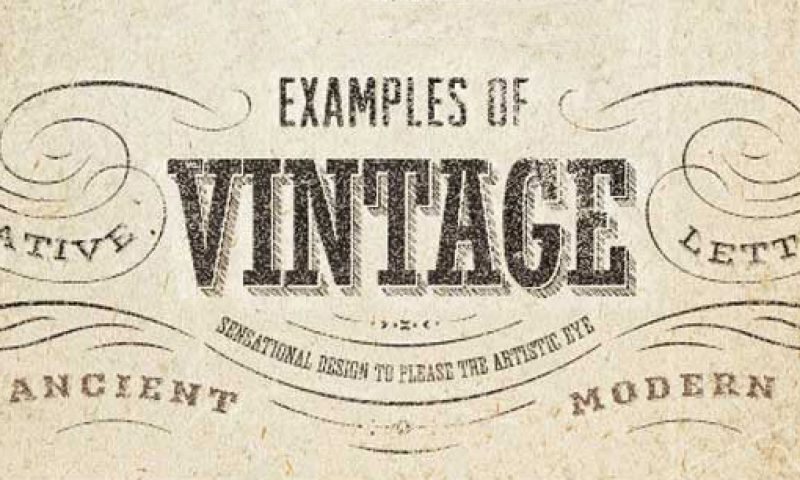
Quality control for the age of information overload
We are consuming a huge amount of information every single day. Social media, online newspapers, blogs from think they know-it-all accountants, news bulletins. It can be a little a little overwhelming at times and can make filtering out bias and falsehoods difficult if not impossible. It is important to work on developing a strong internal filter.
The first step to take is to adopt a quality over quantity approach to your consumption. It is impossible for even the most time rich individuals to absorb all that is on offer. Do you need to keep up with the Kardashians or to be updated hourly on your rugby team’s injury list?
Here are questions to ask yourself every time you hear something new and important.
What is the original source?
Ideally you should be getting news and knowledge straight from the horse’s mouth but with a population of close to seven billion people this is not always practical. Peer reviewed medical research trump the barfly in the pub every day.
What is the motivation?
Many people are going to push their agenda and unfortunately it is the case that some don’t care what the consequences. Look at our unfortunate friends across the water who were oversold the benefits of leaving the European Union. A hedge fund manager who trades in gold is probably not the person to listen to what will happen to the price of the shiny metal.
How is the research being financed?
A scientific body whose research is backed by a petroleum company is not the place to source your information on climate change. Should you really be listening to the alcohol industry telling you how to drink moderately?
How reliable is the source?
Does the source have a consistently good reputation that it would be keen to protect? Some publications such as The Enquirer or the Daily Mail revel in spewing out questionable content. Even the most loyal readers are probably aware of this fact. It is important to remember that more prestigious publications are not infallible. The reputable German magazine, Der Spiegel, recently had to come out and admit that one of their star journalists had been making up stories over a long period of time.
Is the source tinted by a political bias?
Right leaning conservative outlets such as the Telegraph or Fox News are often accused of pedalling their own agenda, but it is a good idea taking a step back from what the media on the other end of the spectrum is pushing. Our friend in Washington is not the most popular guy in the world. However, that should not mean everything he and his supporters say and do should be opposed and ridiculed automatically. This will just lead to polarisation and steer us away from the best outcome for all.
In summary, it is important to question every single of piece of information that comes your way.
Keep Reading

A pub with no beer?

Packaging – Seeing it from all sides

Egg-cellent Brand Activation

I dreamt I stabbed you in the eye
Icon see clearly now

Interview: The Art of Foodstyling with Johan van der Merwe

Instagrammable Tourism: Is Instagram ruining the travel...

Dinner violation for Rafa Nadel – Integrated branding

Employee Engagement

Cold Pressed to Impress

How to Paint a Portrait

What’s love got to do with it?

G🔺ME CH🔺NGER 15–🔺2–19

Happy Birthday Bauhaus

Keeping your WordPress website secure

Sleeping Flags

Vintage Packs

Bring out the comical side of your Brand

Don’t let your eyes deceive you
